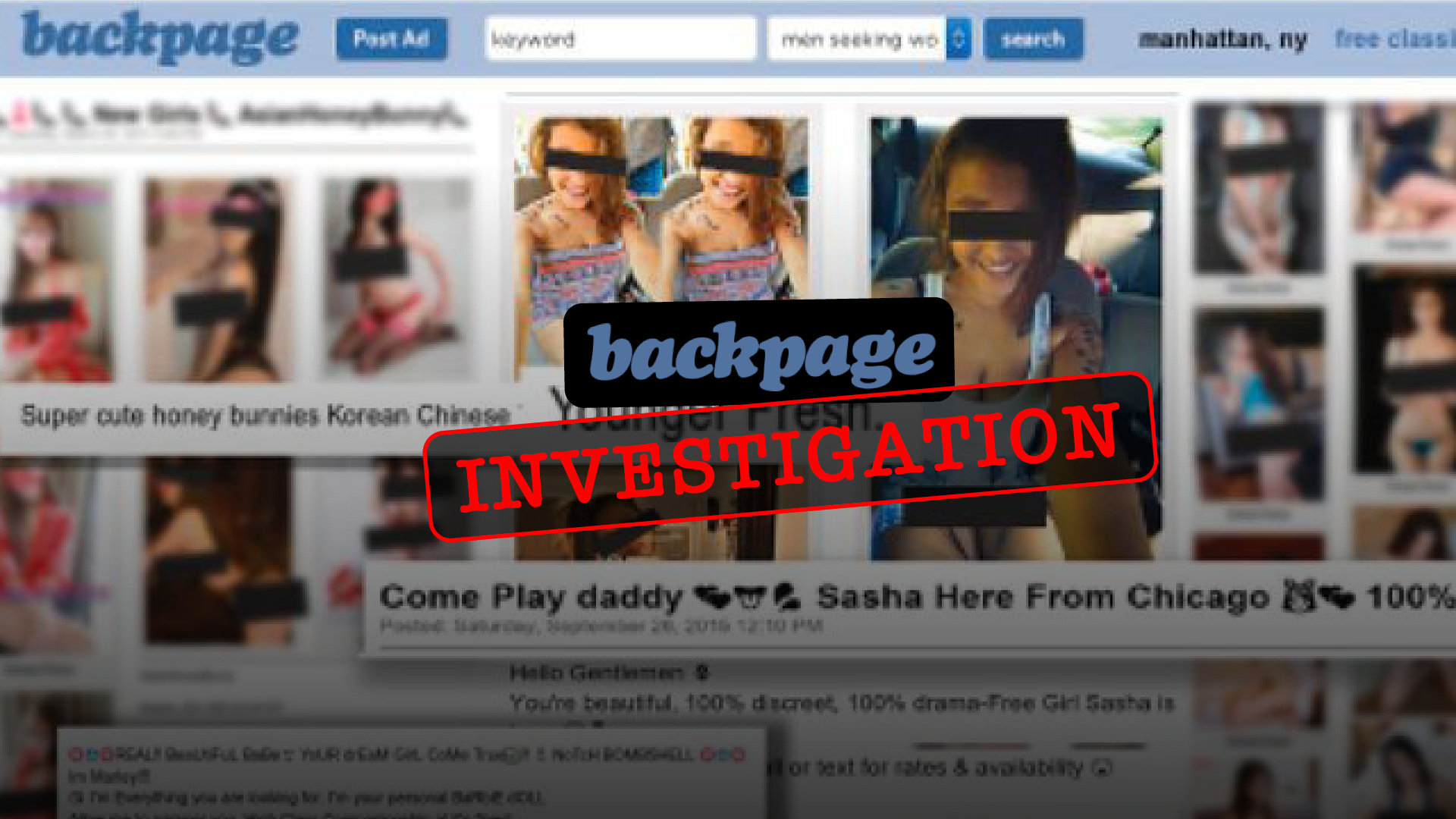PART 7
This is the last of a seven-part exposé of the exploitation of children for sex by the classified ads portal Backpage.com. Click here to see the previous installment.
The “new in town” phrase, in fact, was used in a Backpage ad to traffic a 16-year-old in Chicago, Desiree Robinson, who was slain on Christmas Eve 2016 while her pimp dozed in a car waiting for her to reappear from a “date” he’d arranged.
On May 17, 2017, the mother of Desiree Robinson sued Backpage, alleging that sex ads featuring the teen were posted on the website and that the company provided guidelines about how posters could sculpt their ads to avoid law-enforcement scrutiny.
A few weeks later, in an action unrelated to the website, the U.S.-based company CoStar initiated a raid to seize allegedly stolen proprietary information from a business called Avion in a remote city in the Philippines. The raid netted thousands of surprise documents in the process, which revealed that Backpage had hired Avion, a business process outsourcing company, to solicit and create sex-related ads to send more business to its website.
The attorney for Robinson’s mother subpoenaed the Avion records and turned copies over to The Washington Post.
Documents show that Avion employees looked up newly listed sex ads on competitors’ sites and contacted their posters, offering them a free ad on Backpage. The Philippine contractor then created new ads for Backpage. They also created fake sex ads like “Little Angel Seeks Daddy” along with suggestive photos and posted them on competitors’ websites. When someone bit on the fake ad, they would be redirected via email to Backpage.
Following the revelations illuminating solicitation of prostitution ads, five members of Congress asked Attorney General Jeff Sessions to initiate a criminal investigation of Backpage. The lawmakers include Senators Claire McCaskill (D-MO), Rob Portman (R-MO), Thomas Carper (D-DE), and Representatives Ann Wagner (R-MO) and Carolyn Maloney (D-NY).
“Backpage.com has long argued that it is a mere third-party platform with no responsibility for the sex trafficking ads that are posted on its website,” said Wagner and Maloney in a statement. “This is an utter lie.”
Wagner and Maloney noted that the Communications Decency Act “was never intended to provide legal protection to websites that facilitate traffickers. ... We see no reason why a criminal case should not be brought against Backpage.com for its criminal role in sex trafficking in America.”
On April 9, three days after Backpage’s demise, federal authorities unsealed a 93-count indictment, charging the website’s founders, Michael Lacey and Jim Larkin, along with five other top executives, with facilitating prostitution and money laundering. Besides revealing details about victims, including children as young as 14 who were featured on Backpage, the indictment said the website earned more than $500 million in prostitution-related revenue since it was launched in 2004.
The indictment noted Backpage’s contention that it tried to prevent the exploitative ads on the site. But investigators established that was not true, said the indictment, adding that the website’s owners never took measures to confront the problem.
On April 11, President Trump signed the new anti-sex-trafficking legislation that passed Congress with almost unanimous bipartisan support in recent weeks. “You have endured what no person on earth should have to endure,” Trump said to sex trafficking victims and their families, who were present during the signing ceremony in the Oval Office.
Backpage executives did not respond to Freedom’s repeated requests to its general counsel, Elizabeth McDougall, for an interview.























